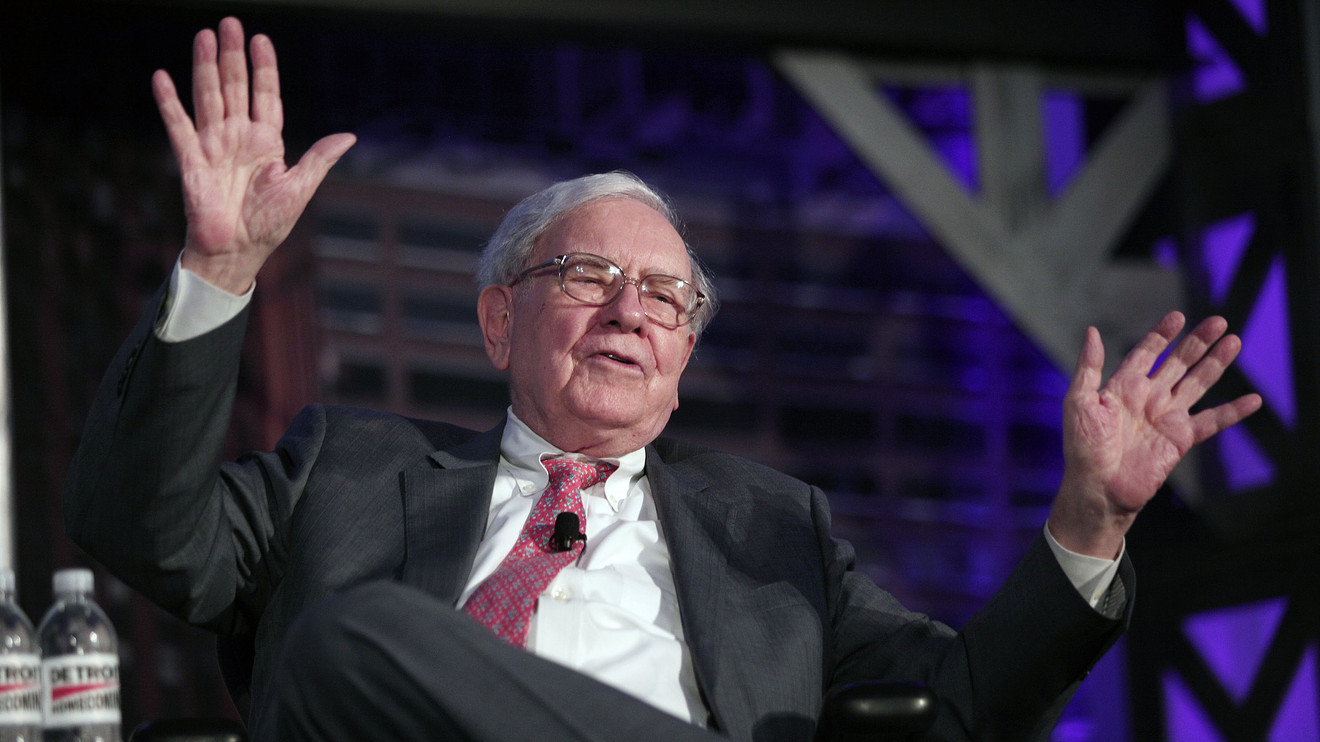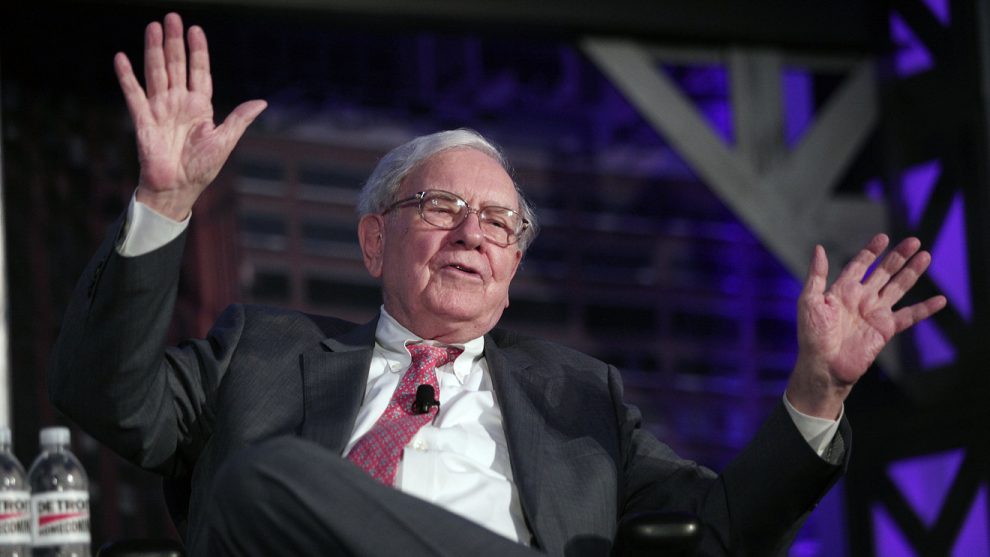
You know the old saying: the only two sure things in life are death and taxes. I agree with the first one, but taxes can often be minimized or even entirely avoided with advance planning. And the federal estate tax can be entirely avoided for sure. Ask Warren Buffett, who just took another step in that direction. Here’s the story.
Oracle of Omaha will give $3.6 billion in Berkshire Hathaway shares to charity
Mr. Buffett will convert 11,250 of his Class A Berkshire Hathaway shares into 16.875 million Class B shares and then donate those shares to five charitable foundations: the Bill & Melinda Gates Foundation, the Susan Thompson Buffett Foundation, the Sherwood Foundation, the Howard G. Buffett Foundation, and the NoVo Foundation. The gifts will amount to about $3.6 billion, the company said Monday.
While the Oracle of Omaha has never sold any of his Berkshire Hathaway shares, he has now given away 45% of what he held back in 2006 to the aforementioned foundations. The gifts add up to about $34 billion.
Mr. Buffett pledged back in 2006 to make annual gifts of Berkshire Hathaway Class B shares throughout his lifetime. According to the company, he plans to give away all of his Berkshire Hathaway shares through such annual gifts, which will be completed 10 years after his estate is settled. That could be while, because he is still alive. Mr. Buffett is Berkshire Hathaway’s largest shareholder. He owns 37.4% of the Class A shares.
Tax implications of charitable gifts
The federal tax implications of charitable gifts differ for lifetime gifts made while you are still alive and charitable bequests made by your estate after you have passed away.
Lifetime charitable gifts can deliver a double tax benefit
A lifetime charitable gift can potentially produce a double tax benefit. First, the gift is deductible for federal income tax purposes, subject to various tax-law restrictions. Second, the gifted asset (along with any future income and appreciation) is removed from the value of your estate for federal estate tax purposes.
A special limitation applies to folks like Mr. Buffett who own 10% or more of the value of company shares.
You can generally deduct on your Form 1040 the full fair market value (FMV) of a lifetime gift of stock that you’ve held for more than one year. But a special limitation applies to folks like Mr. Buffett who own 10% or more of the value of company shares, including the value of shares that were gifted away earlier, according to Internal Revenue Code Section 170(e). This limitation snares Mr. Buffett, so he can only deduct his tax basis in the gifted shares, which is probably next to nothing compared to their FMV. So Mr. Buffett’s gifts were apparently not made with the idea of bagging huge federal income tax charitable deductions.
Charitable bequests deliver an estate tax benefit
A properly planned charitable bequest made after your death is deductible for federal estate tax purposes, but there’s generally no federal income tax deduction allowed on your estate’s federal income tax return. But the estate-tax-saving benefit is huge for huge bequests.
Beware: To be deductible for federal estate tax purposes, a bequest of cash or asset(s) must be transferred to a qualified charity (including a qualified private foundation) pursuant to an arrangement that was made by the departed individual (the decedent) while he or she was still alive. Such transfers can be pursuant to the decedent’s will, pursuant to a trust document, or by naming a charity as a designated beneficiary of an insurance policy on the decedent’s life or as a designated beneficiary of a retirement or investment account owned by the decedent.
Key Point: Don’t count on the executor of your estate to arrange for charitable bequests that can be deducted for federal estate tax purposes. To be deductible, you must arrange for the bequests before you depart this cruel orb.
Mr. Buffett’s tax plan
The Oracle has made lifetime gifts to his favored foundations and has also arranged for bequests to those foundations after his exit. While the lifetime gifts may produce some meaningful deductions on Mr. Buffett’s federal income tax returns over the years, the real goal here is to avoid an enormous federal estate tax hit. The current federal estate tax rate is “only” 40%, but it was 55% a few years ago. Depending on political developments, it could back to 55% or even higher in the near future.
For 2019, the 40% rate only hits an estate’s value to the extent it exceeds the current $11.4 million federal estate tax exemption. Mr. Buffett’s estate would be just a wee bit more than that. His charitable gift-making plan has already reduced his taxable estate by billions and will reduce it by billions more in future years. That translates into avoiding multi-billions of federal estate tax.
The bottom line
Most rich folks give lots of attention to avoiding taxes. As you can see, Mr. Buffett is no exception.
Class A shares of Berkshire Hathaway BRK.A, +0.08% have seen a 5.57% increase so far this year, compared to a 14% increase for the Dow Jones Industrial Average DJIA, -0.16% and an 18% gain for the S&P 500 Index SPX, -0.18% Berkshire’s Class B shares have been up 5.53%.












